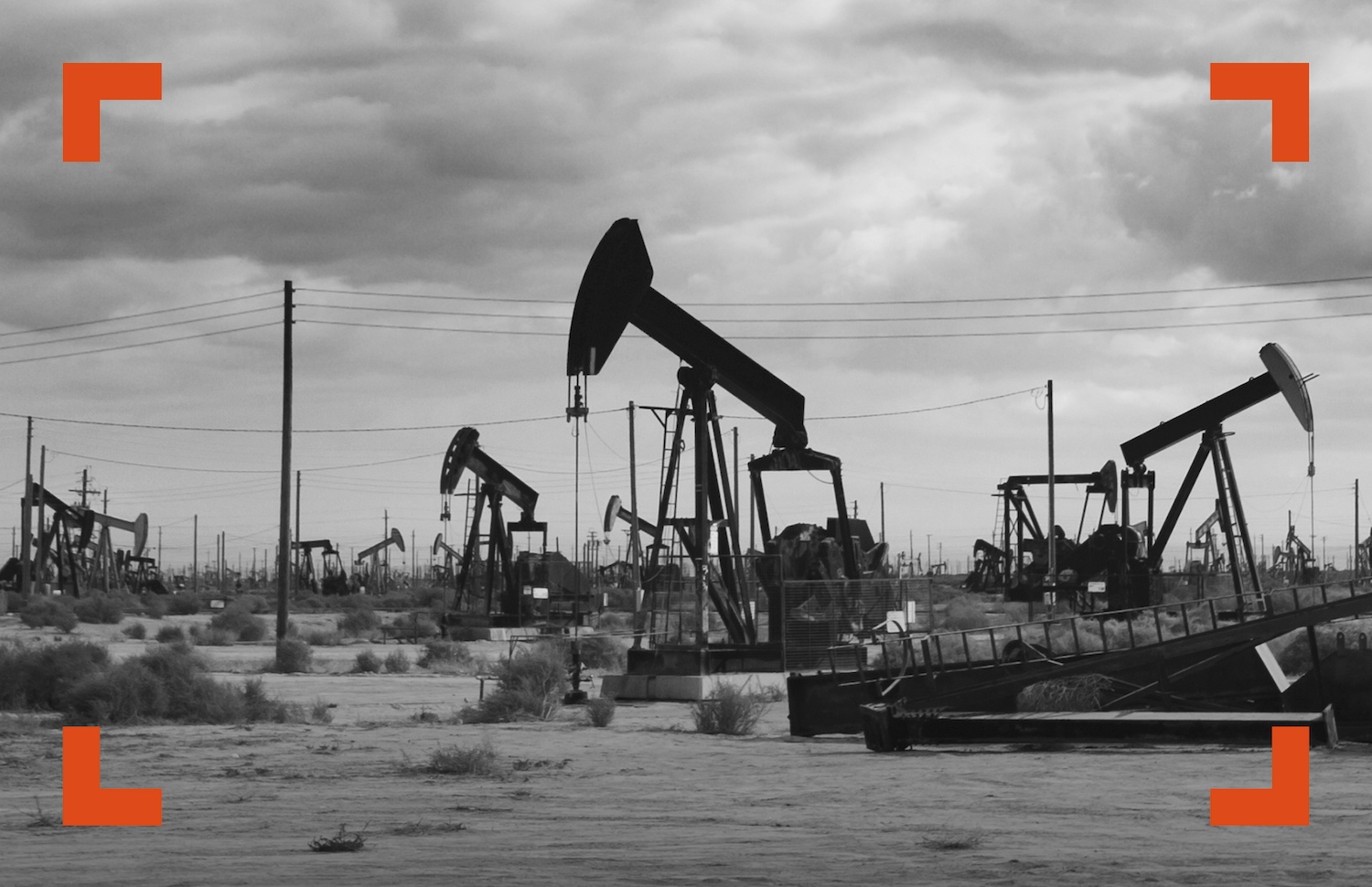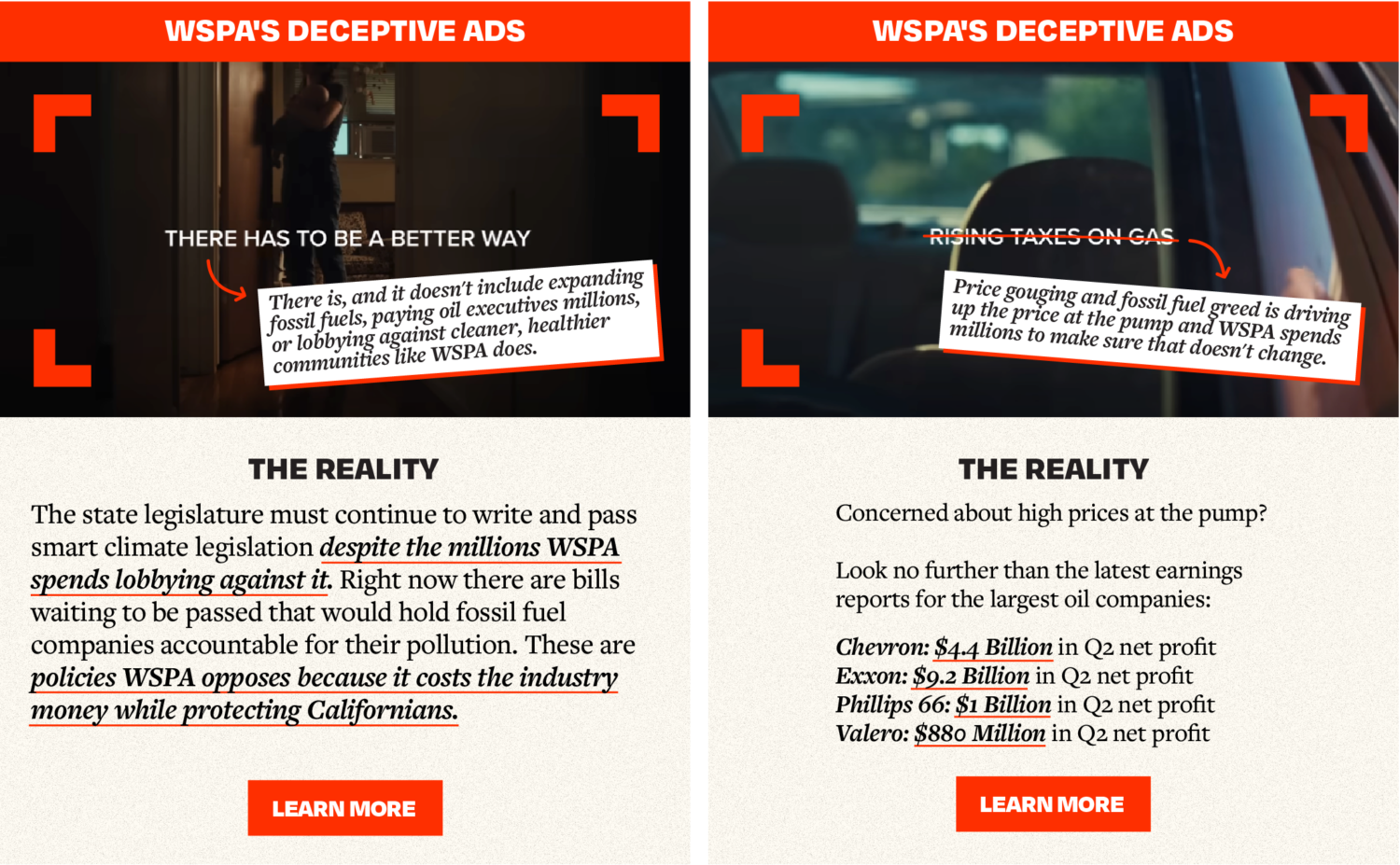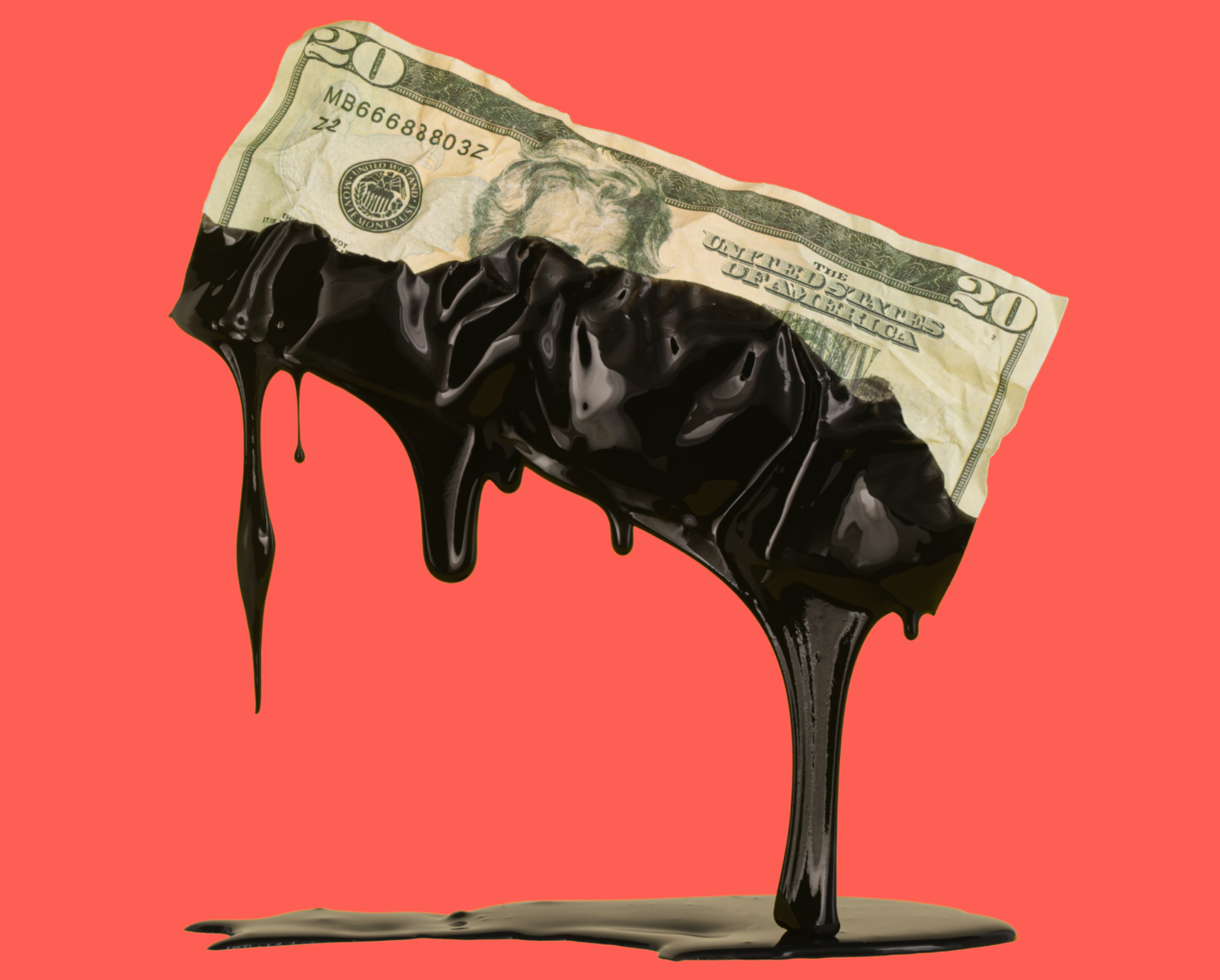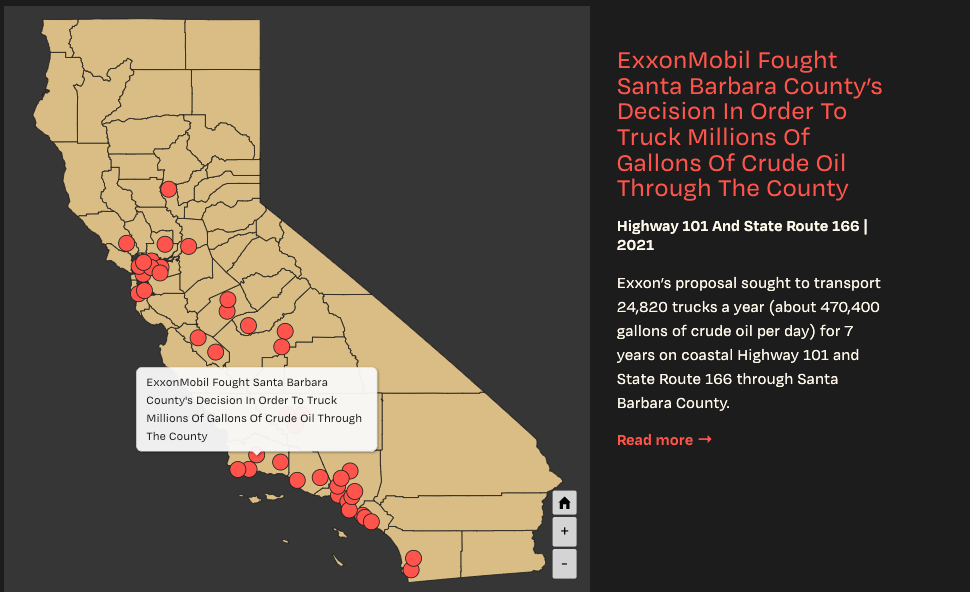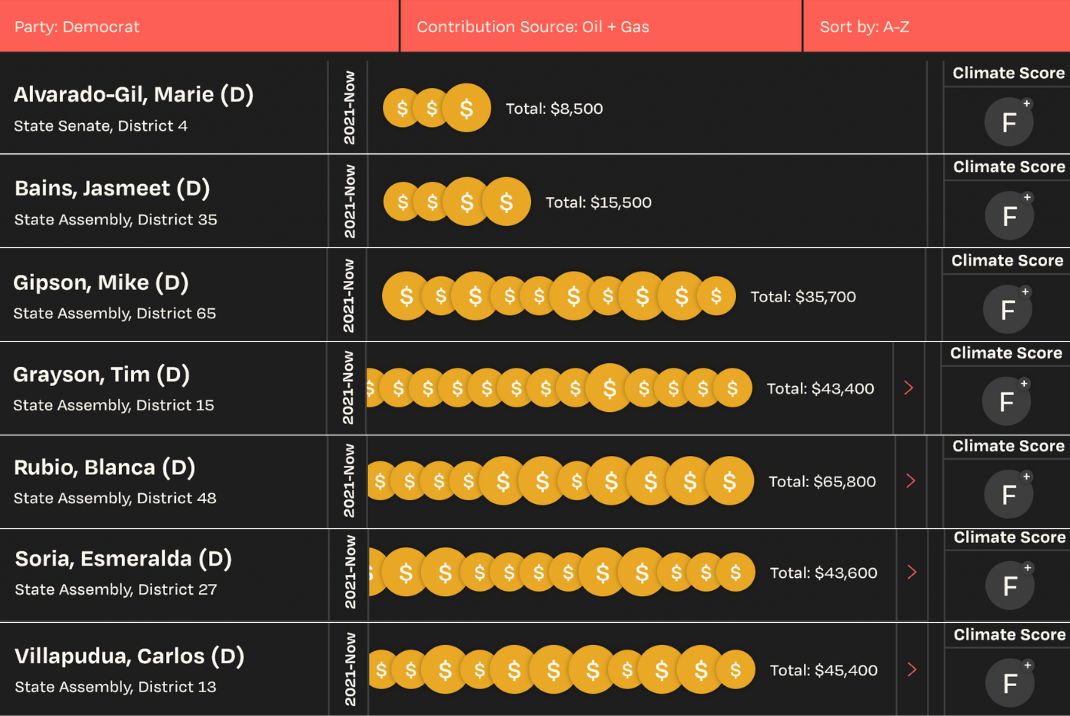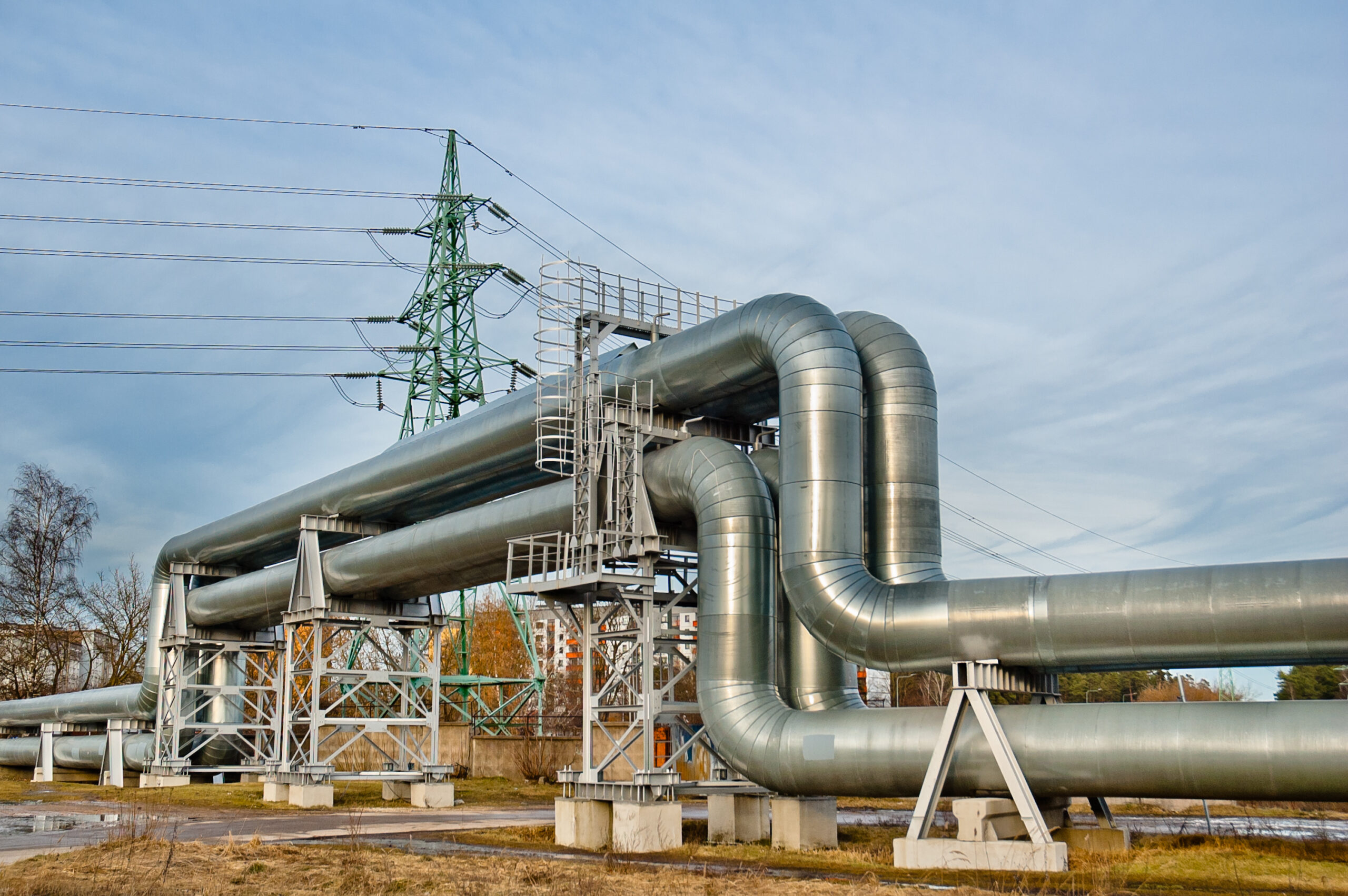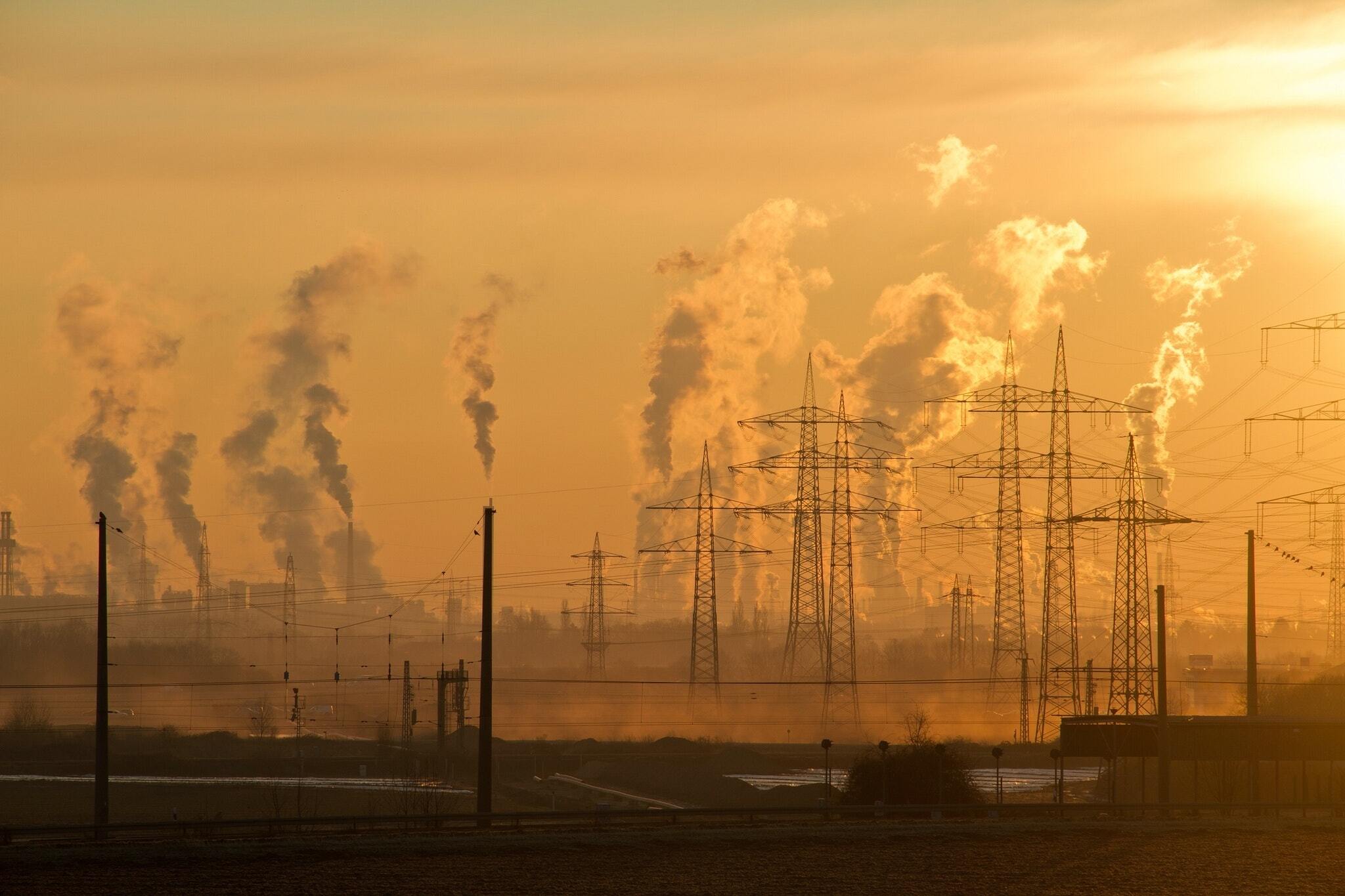California has long been a global leader in climate policy, but some recent climate legislative efforts have faced significant roadblocks from familiar foes. While the state’s residents overwhelmingly support climate action, the fossil fuel industry, led by lobbying groups like the Western States Petroleum Association (WSPA), continues to relentlessly undermine and derail legislation that delivers for California communities and the climate.
Recently, WSPA has shifted their attention from influencing politicians to deceiving Californians with a new cynical advertising campaign. WSPA wants us to believe that California’s climate policies are unfair and burdensome. The misleading ad campaign tries to put the blame on climate legislation, but no amount of advertising can hide what they are really protecting – billions in profit and record executive pay.
However, behind the facade of this dark campaign ad, WSPA and its allies have funneled millions into lobbying efforts to block the very policies that would protect communities they claim to care about. In just the first half of 2024, fossil fuel interests, including Chevron, WSPA, Sempra Energy, and others, spent over $13 million on lobbying to obstruct critical climate legislation, including the bills detailed below. This blog explores how their lobbying, testimonies, and political maneuvers ensured the defeat of these crucial initiatives.
AB 3155: Health Protection Zones and Civil Liability
What it was about: AB 3155 aimed to expand California’s setback law by holding oil companies liable for respiratory and prenatal ailments within 3,200 feet of wells. This legislation had the potential to safeguard public health in vulnerable communities.
Fossil Fuel Obstruction: Chevron made it their mission to defeat this bill.
Chevron representative Alejandra Ruiz publicly opposed AB 3155, testifying against it before the Assembly Judiciary Committee. According to Politico, Chevron and WSPA made AB 3155 a top priority, dispatching lobbyists and utilizing substantial resources to ensure its failure.
- Alejandra Ruiz, Chevron representative: “My name is Alejandra Ruiz, and I work for Chevron, and I work with the communities in Kern, Monterey, and Fresno County. And I know they’re very appreciative.”
- Paul Deiro, WSPA California Policy Senior Director: “The requirement that operators use the ‘best available technology’ to reduce pollution and contamination is extremely vague and not a safe harbor. There is no data to support adverse impacts from oil and gas facilities in California.”
Outcome: Laura Friedman, the bill’s author, withdrew it before a floor vote, citing industry opposition.
SB 1497: Make Polluters Pay Act
What it was about: SB 1497 aimed to make the world’s biggest fossil fuel producers pay for climate damages. By assessing fees on these companies, California could have created a Superfund to address climate-related disasters like floods and wildfires.
Fossil Fuel Obstruction: The oil industry’s aggressive opposition ensured this bill never stood a chance.
WSPA, along with the California Chamber of Commerce and other industry allies, circulated a “floor alert” to legislators, claiming that SB 1497 would burden consumers and increase business costs. WSPA’s spokesperson, Kevin Slagle, confirmed the bill was a priority for them, contributing to its failure to come up for a floor vote.
- WSPA Floor Alert: “SB 1497 will impose a cost burden on consumers and increase operational costs for businesses in California. These added costs will only discourage further investment in the state’s economy.”
- Kevin Slagle, WSPA spokesperson: “This was certainly a priority bill for us.”
Outcome: These substantial lobbying efforts prevented the bill from coming to a floor vote.
SB 938: Political Activities and Advertising by Utilities
What it was about: SB 938 hoped to limit what utilities could spend ratepayer money on, particularly targeting political activities and advertising. This bill responded to a scandal where SoCalGas reportedly billed ratepayers $36 million for lobbying against climate legislation.
Fossil Fuel Obstruction: Despite a clear misuse of funds, the industry’s influence proved stronger.
Sempra Energy affiliates San Diego Gas & Electric and SoCalGas registered opposition to the bill. Despite a history of using ratepayer money for lobbying, these companies argued against the necessity and fairness of the bill.
- Israel Salas, Sempra Energy Government Affairs Manager: “Israel Salas with San Diego Gas and Electric, and Southern California Gas Company, in opposition as well. Thank you.”
- Brian Haas, SoCalGas spokesperson: “The Bee’s reporting [on SoCalGas billing ratepayers $36 million for lobbying] is incorrect. The utility is aligned and working transparently with lawmakers on net-zero plans.”
Outcome: The bill ultimately died in the Senate Energy Committee after several legislators abstained from voting.
SB 556: Health Protection Zones and Presumptive Liability
What it was about: SB 556, the precursor to AB 3155, aimed to hold oil companies accountable for health effects on residents living near wells.
Fossil Fuel Obstruction: WSPA and CIPA labeled the bill as scientifically flawed and arbitrary. They argued that multiple sources of emissions, not just oil and gas operations, contributed to adverse health impacts.
Outcome: Despite the clear intent to protect public health, SB 556 failed to move forward in the Senate Appropriations Committee.
SB 252: Fossil Fuel Divestment
What it was about: SB 252 sought to require California’s public pension funds to divest from fossil fuels by 2031. This legislation would have prevented investments in the top 200 fossil fuel companies, aligning financial practices with the state’s climate goals.
Fossil Fuel Obstruction: Industry opposition was fierce.
WSPA and CIPA officially opposed the bill, but significant resistance also came from CalPERS and CalSTRS. These pension systems argued that the divestment would compromise their financial obligations to future retirees.
- Politico: “Environmentalists’ support for both bills has run into concerted opposition from CalPERS and CalSTRS. The pension systems have argued the divestment push undercuts their financial obligations to future retirees.”
- Fossil Free CA: “The group supports Gonzalez’s decision to pull the bill for now, calling the amendments a ‘poison pill.'”
Outcome: Sen. Lena Gonzalez ultimately withdrew SB 252 after the Assembly Public Employment and Retirement Committee demanded extensive amendments.
– –
The persistent and aggressive lobbying efforts of the fossil fuel industry have significantly hindered California’s progressive climate legislation. Despite being a leader in climate policy, the state has seen crucial bills aimed at protecting public health, ensuring financial accountability, and promoting clean energy fail due to the powerful influence of oil and gas giants like Chevron, Sempra Energy, and WSPA.
To dive deeper into the ways the fossil fuel industry has obstructed California’s climate progress, check out these related blogs:


